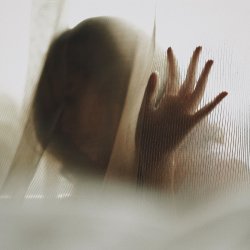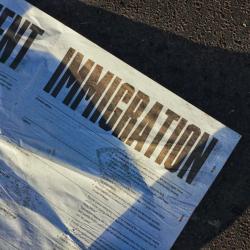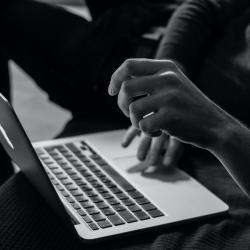Can You Sue a Property Owner for a Slip and Fall?
Marietta, Georgia, is a dynamic city with a rich history and a bustling commercial scene, where residents and visitors alike enjoy its vibrant downtown and the conveniences of suburban life. However, as with any city, slip-and-fall accidents can unexpectedly disrupt the lives of those involved. Whether on a busy sidewalk, in a store, or at a friend’s house, slipping on a wet floor or tripping over uneven pavement can lead to serious injuries. When these accidents occur due to the negligence of a property owner, individuals may wonder whether they have the right to seek legal action. Understanding when and how a property owner is responsible for a slip and fall injury is essential.
A slip-and-fall accident lawyer serving Marietta can offer guidance to those who’ve been hurt due to unsafe conditions on someone else’s property. By assessing the situation and gathering crucial evidence, such as maintenance records or witness testimony, a lawyer can help determine if a lawsuit is viable. With the right legal support, victims of slip and fall accidents can pursue compensation for their injuries and hold negligent property owners accountable for the hazards that led to their accidents.
Grasping the Concept of Responsibility
To decide if a property owner can be considered responsible for a slip and fall incident, it is important to understand the idea of liability in legal terms. Liability pertains to the obligation that one party holds for causing harm to another individual. For property owners specifically, this obligation usually relates to ensuring that their premises are safe for visitors. If a failure in fulfilling this duty results in an accident, pursuing legal action could be warranted.
Inattention and Responsibility to Take Care
Neglect is crucial in slip and fall lawsuits, as property owners are responsible for ensuring the safety of visitors by addressing hazards like cleaning spills and fixing damaged walkways to prevent injuries caused by negligence on their part.
Determining Negligence
To establish negligence in a case, it is essential to prove that the property owner was aware or should have known about the situation and did not take proper steps to address it. Furthermore, support for this claim can come from various sources, like security camera footage, eyewitness accounts, or maintenance logs. Proving negligence is a crucial aspect when pursuing an optimal outcome in a lawsuit.
Comparative Negligence
In areas of law, the idea of comparative negligence could impact the result of a slip-and-fall lawsuit. This legal concept recognizes that both sides could bear some blame for the incident. For instance, if a person was preoccupied with a phone and not paying attention while walking, their behavior could play a role in causing the fall. In these situations, the amount of compensation awarded may be decreased depending on the level of responsibility assigned to each party.
Varieties of Guests
Different kinds of people who are involved in slip-and-fall accidents can affect a property’s responsibility for the incident. The visitors usually fall into three groups: invitees, like customers in a store who receive the protection; licensees, such as social guests who are also protected to some degree but less so than invitees; and trespassers, who typically receive the lowest level of legal protection unless the owner knows about them and any potential risks they may face.
Common Hazards Leading to Falls
There are various situations that can result in slips and falls at properties, such as wet floors and uneven surfaces, along with inadequate lighting and blocked pathways, which are commonly mentioned as reasons for such accidents to happen. Property owners need to be watchful in recognizing and fixing these problems to avoid accidents from occurring. If they fail to do so, it could potentially make a victim's legal case stronger by showcasing the owner's lack of care.
Legal Procedures and Factors to Take Into Account
If someone who has been harmed is thinking about taking legal measures, they should familiarize themselves with the steps required to initiate a lawsuit. Collecting evidence and seeking advice from experts are initial actions to take into account before making any decisions regarding legal proceedings. Additionally, knowing the statute of limitations is crucial, as it sets the time limit for when a lawsuit must be filed. Failing to meet this deadline might lead to forfeiting the opportunity to pursue legal action.
Potential Results
The results of slip-and-fall lawsuits can differ depending on the specifics of each situation. People often seek compensation for the medical bills they incur as a result of the incident and any income they lose due to being unable to work during their recovery period. Additionally, they may also pursue damages for the emotional distress experienced following the accident. In most cases, settlements are agreed upon privately without involving legal proceedings, which allows for a quicker resolution to the matter.
In Summary
Injuries from slipping and falling can lead to many challenges for those affected, both physically and financially. Having a good grasp of the implications surrounding these accidents enables individuals to make well-thought-out choices when considering seeking compensation. By understanding the concepts of negligence and duty of care, as well as the value of evidence in such situations, those impacted can assess whether taking legal steps against a property owner is justified. Seeking assistance from advisors can also improve the prospects of achieving a positive resolution, allowing those affected to concentrate on their recovery journey.
More to Read:
Previous Posts:
Next Posts:



